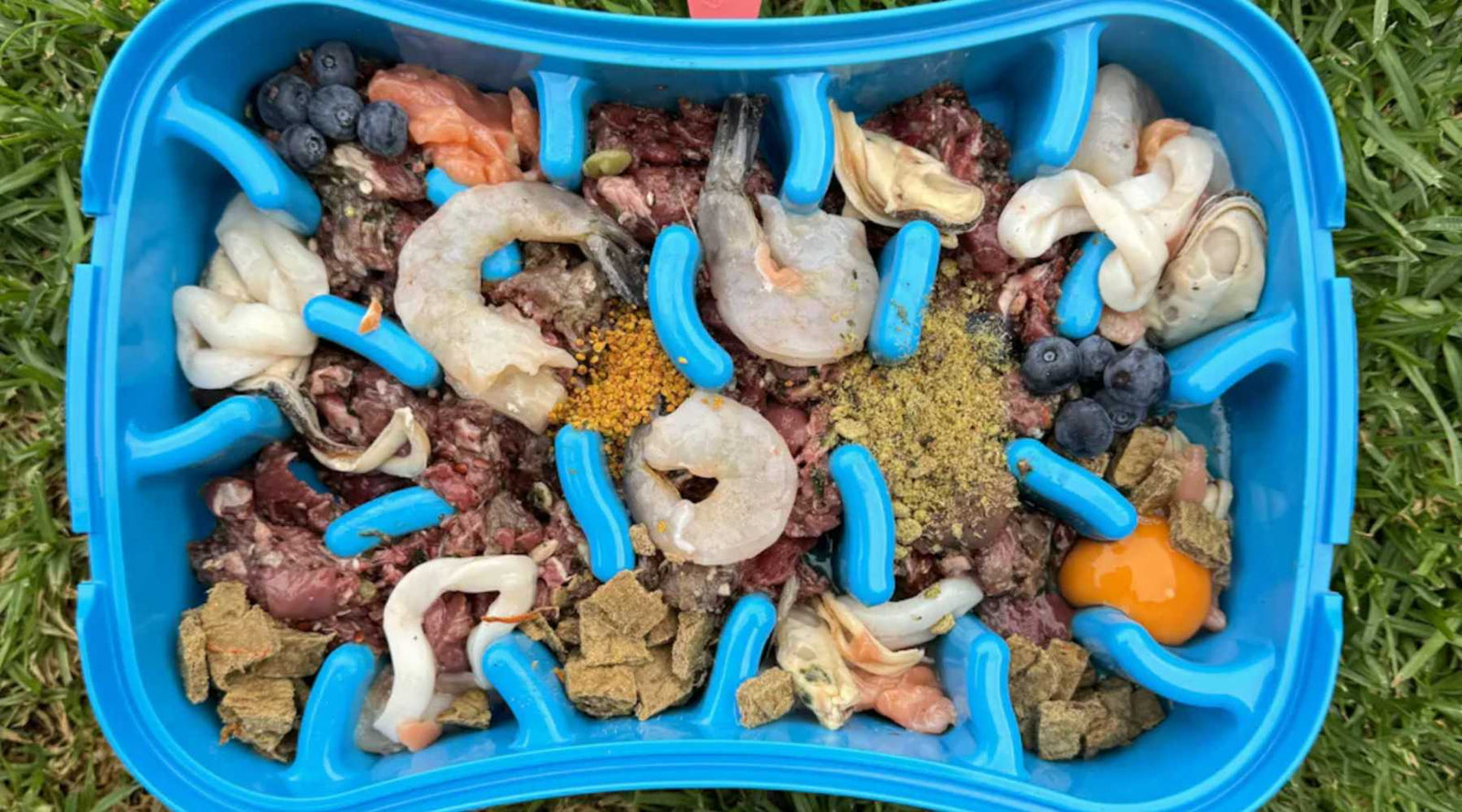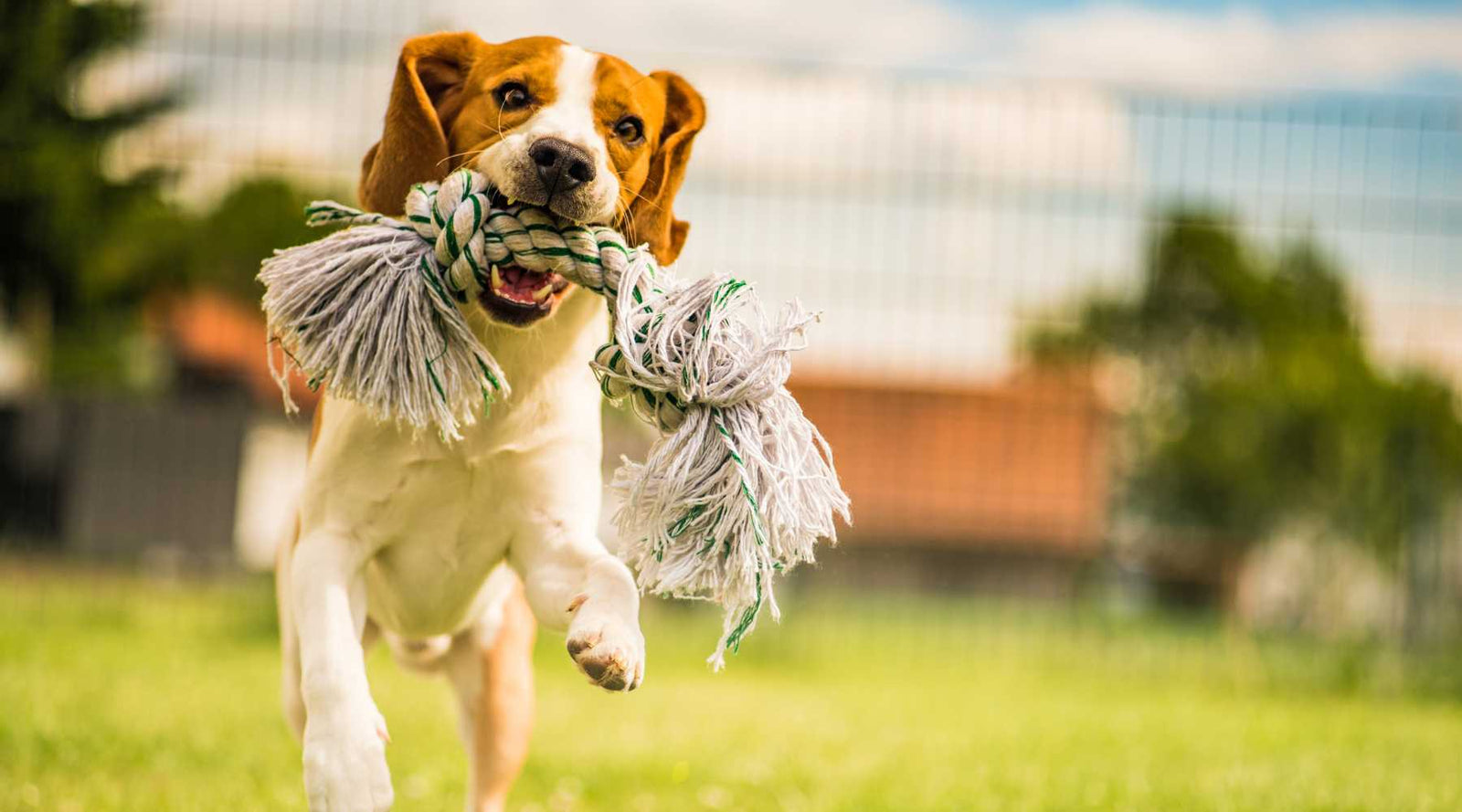We don't spend enough time with our dogs and cats. On average, most dogs live for around ten to fourteen years, but some may naturally live longer, while others may be predisposed to certain diseases that cause them to die earlier.
Many people don't realize that they have many commonalities with their pets. For example, humans and animals tend to get older and die from aging-related diseases. This means that many things we can do to stay healthy and live longer might also help our pets.
Here are some things you can do for your pet to improve its quality of life.
1. Keep an eye on their waistline

Healthy body weight is one factor repeatedly shown to contribute to longer life spans in various animals. It helps to keep dogs from becoming overweight, which can lead to joint issues, and it can also help to prevent some types of cancer.
To keep an eye on your pet's weight, weigh him regularly using a digital scale, or use a method called "scoring", which involves looking at your pet's physical appearance and assigning a score to his health. Both ways will help you determine if your pet needs to lose or gain weight.
Feeding guidelines are an excellent start when determining how much to feed your pet. However, you may need to adjust these guidelines if your pet becomes overweight or loses weight due to increased exercise. Also, knowing how much you're feeding your pet is an important weight-loss tool. So, instead of eyeballing the quantity of kibble in each bowl, use a scale to measure the exact amounts you give them.
Good nutrition can be linked to an overall healthier aging process, meaning that what you eat can be just as important as how much. "Good" nutrition varies from one pet to another, but be sure to choose safe, delicious foods containing all the nutrients your pet requires.
Overweight dogs can develop joint disease, diabetes, high blood pressure, kidney failure, and cancer. They may suffer from breathing difficulties, skin infections, and eye disorders. In addition, obese dogs are prone to heat exhaustion and overheating. Therefore, keeping an eye on your pet's weight is essential. Make sure that your dog does not carry excess weight and watch their calorie intake.
A dog is considered obese if they weigh at least 20 per cent more than its ideal weight. An obese dog weighs at least 20 per cent heavier than its ideal size. We've gathered some helpful advice for managing and decreasing a dog's weight in a healthy way!
2. Be sure to keep your dog active, but do not overdo it

In your dog's daily life, exercise is a meaningful way to help your dog maintain a healthy weight and physical health.
If you don't exercise your dog regularly, his ability to move will decrease significantly. Joints in movement remain flexible; joints not moving will become stiff. Incorporate appropriate exercise, conditioning, or stretching into your puppy's routine from an early age. Please don't wait until he gets older before starting.
You need to understand your dog's limits. If he's ten years old, he might not be able to run as fast as he used to. But if he wants to, let him. It's up to him, as his owner, to decide when to stop.
Diet isn't the sole factor for keeping your dog fit. Exercising your dog regularly is another important part of maintaining his health. And exercising will also benefit you by helping you live longer.
Regular exercise helps lower stress levels, increase endorphin production, and balance emotional states in humans and animals. It also keeps your pet's heart rate up and improves overall health.
Weight gain, which in the end can lead to obesity in dogs, increases their risk for developing heart disease and crippling joint issues.
If you want to extend her life, consider extending those evening walks and taking them up to a jog. Even better, let your dog run free with a few friends or family members: socializing with other dogs is one way to reduce her anxiety and improve her overall quality of life.
3. Maintain a Healthy and Balanced Diet for Your Dog

Our dog's body is just like ours; what we give them determines what they're likely to be able to take away from us. Feeding your dog a balanced diet ensures he has everything he needs to live a long and healthy life.
Because dogs are omnivores, it's essential not to restrict them from eating meat or plant foods. It's equally important that they get enough nutrition from both types of foods.
To ensure your dog's nutritional needs are met, provide them with healthy food to maintain and improve their quality of life.
4. Show them some cool stuff

Aging isn't just physical. You can also help keep your pet's mental abilities sharp by keeping them mentally engaged. Even if you cannot engage in regular physical activities, there are plenty of ways to get active without going outside. For example, you could train your pet to use its sense of smell to help you locate things. Hydrotherapy may be an excellent choice if your dog usually has any health issues that prevent him from exercising.
5.Provide Mental Health, Enrichment and Stimulation

As with older people, cognitive function can deteriorate in dogs. It's essential to begin working on keeping their brains healthy early.
You can do many things to improve your dog's environment and keep him mentally active. Short and sweet daily training sessions are one way to keep your older dog's mind sharp. And there's no time limit for teaching an old dog new tricks.
Sniffari is an enriching activity that has health benefits for dogs of any age. It is especially beneficial for older dogs because their sense of scent is one of their most powerful senses.
There are lots of mental stimulation and enrichment products for dogs. To see more, including some options you can create at home, check out Super Feedy Reversible Lick Mats.
If you want to give your dog something to chew on, spread some of his wet food, peanut butter (or any other kind), pureed pumpkin, or Greek yogurt on this mat.
This snuffle mat encourages dogs to use their noses to find their meals and helps them to eat slower.
6. Bonding

Dogs form attachments to their owners just like humans do. They provide companionship, and often people consider them part of the family.
A strong relationship between you and your dog can be essential to maintaining a healthy and happy life together. It can also provide valuable insights into your dog's behaviour and movements.
If caregiver and dog are compatible, this will lead to a better relationship - and even benefit both owner and dog by providing stress release and physical activity. Playing together, and sharing positive experiences, are great ways to cement your bond.
7. Dental Health and Care

Now would be a great opportunity if you haven't brushed your puppy's teeth yet. Like the eyes, teeth are windows into the body. They're also the gateway for bacteria and diseases to get inside. When they do, they can cause serious problems. Bad breath is one thing, but bacteremia and endocarditis are much worse. Dogs who suffer from periodontal issues often develop kidney failure, liver failure, and cardiac arrest.
You can help keep your pet's mouth healthy by brushing their teeth and gums daily. Brushing helps remove plaque and tartar buildup, which causes gum problems. Your vet may recommend having your dog get an annual cleaning if they have not had one recently.
For dogs needing extra oral hygiene, several dental treats, supplements, and diets are available that may support their teeth and ward off tooth decay.
Regular dental care, cleaning, or even maintaining good oral hygiene can help dogs live longer.
8. Regular Check ups with your Vet

Veterinary science has significantly improved in preventing and treating diseases in dogs so they can maintain optimal health. These include successful vaccinations and parasite control programs that have significantly reduced the incidence of canine diseases, including toxocariosis, which dogs' faecal material can transmit to people, and rabies. This fatal viral infection can be passed between dogs.
A healthy relationship between you and your vet allows you to tailor treatment plans for your dog and identify potential problems early on. Regular checkups can help detect potential problems, such as dental issues or arthritis before they become serious.
It's not entirely up to us whether or not our dogs' lives are long or short. However, by taking specific steps to ensure that they're healthy, we can increase their chances of living longer, happier life.
Changing The Way Dogs Eat for Good!
As responsible pet parents, we know that you want to do everything to help. Living with a sick dog after a meal is no fun. Our two doggos, Marley and Belle, both like to eat fast! So we know exactly what it's like to live with a dog in pain and discomfort after eating.
We are introducing the Ultimate, Versatile 4-in-1 Slow Feeder Dog Bowl! We're excited this new slow feeder dog bowl combines modern design with innovative functionality. It's more than just a slow feeder. A slow feeder bowl that naturally slows your dog down at chow time, as well as a reversible lick mat so your pet can enjoy a variety of delicious foods like purees, stews, or wet food. An excellent bowl for easy delicious food prep and storage doubles as a dog-friendly travel bowl for your canine adventures.
Your dog will have a happier, healthier mealtime experience giving you peace of mind.



